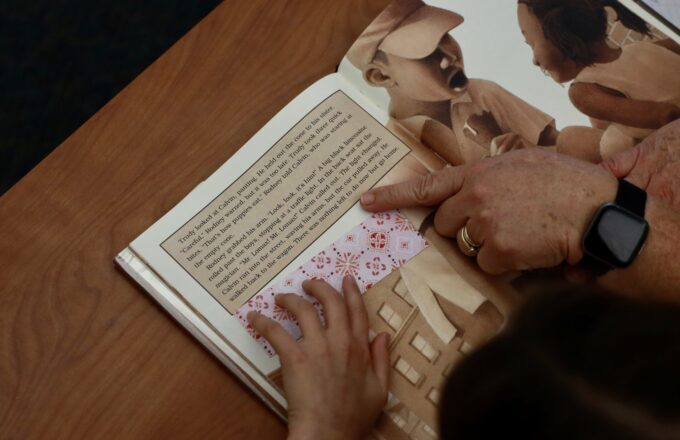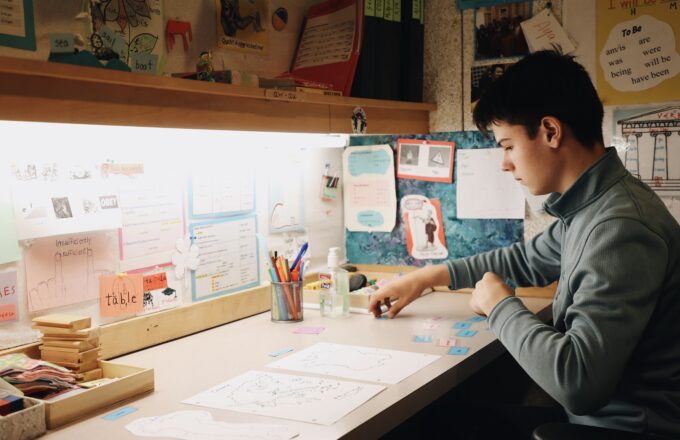Categories
Subjects
Sort By

November 1, 2023 When students are successful in school, they are able to manage the academic demands inherent in a classroom. Specifically, this management requires a set of overlapping and interdependent skill sets that include language and literacy skills, study skills, self-efficacy, and intact executive function skills. The graphic below provides a visual representation of
Read More
By Kyle Clark February 28, 2024 Similar to studying for a test or doing a lab report, writing essays is just another classic educational requirement that students expect, expect to dislike, and try to avoid. These assignments ask students to showcase skills through actions that involve steps. Of course, writing lab reports and essays is
Read Blog
Updated September 18, 2023 There are three types of memory. Working memory can be defined as “a limited capacity system allowing for the temporary storage and manipulation of information necessary for such complex cognitive tasks as comprehension, learning and reasoning” (Baddeley, 2000, p. 418). Put more simply, working memory refers to the ability to hold
Learn Strategy
by Timothy Rasinski, PhD September 1, 2023 The Science of Reading (SoR) movement has become a ubiquitous part of the teaching of reading in the United States and beyond. One of the hallmarks of SoR has been a greater emphasis on decodable texts for younger readers and informational texts for building knowledge among older readers.
Read Blog
by Josh Clark November 5, 2023 Like so many things, how Artificial Intelligence (AI) will transform the lives and work of educators begins with Oswald the Lucky Rabbit. It was 1928, and Ub Iwerks was in trouble. He and his partner, Walter E. Disney, had just lost the rights to their animated gold mine, Oswald
Read Blog
by Meghan Sebens December 8, 2023 What do the words pleasure, benefit, and photography have in common? I may get a skeptical stare when I say that these are all predictably spelled words. English is often maligned as unpredictable, unfair, or just plain “weird”. While English may be more complex than other languages that are
Read Blog
by Timothy Rasinski, PhD January 5, 2023 Reading fluency is the ability of readers to read words in text automatically and with a level of expression and phrasing that reflects the meaning of the text. Since the publication of the report of the National Reading Panel (2000), reading fluency has been recognized as a critical
Read Blog
by Kaia Cunningham We’re excited to share that Kaia’s blog has also been featured on Dr. Tim Rasinski’s website. Check it out! January 22, 2023 I have taught high school English for 20 years, and almost all of those years have been spent at the Landmark School in Beverly, Massachusetts. Landmark is a school for
Read Blog
January 16, 2024 More Fun than Memorization: Interactive Strategies for Spelling Success by Hazel Crowley Spelling is Hard For many students with language-based learning disabilities, learning to spell can be emotional. It may be hard because, too often, students have been raised on flashcard learning and rote spelling tests which have permanently established a punishing
Read Blog